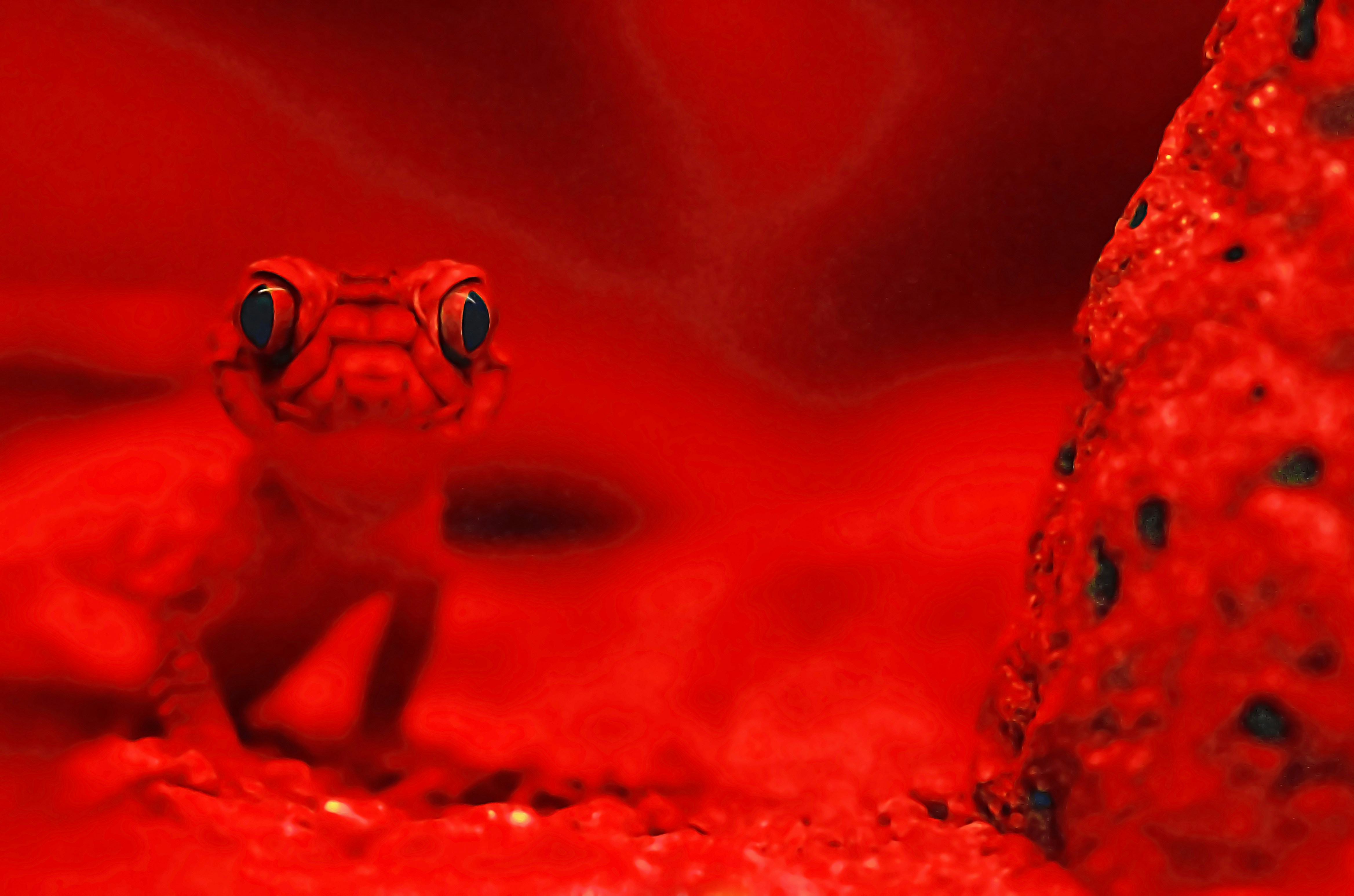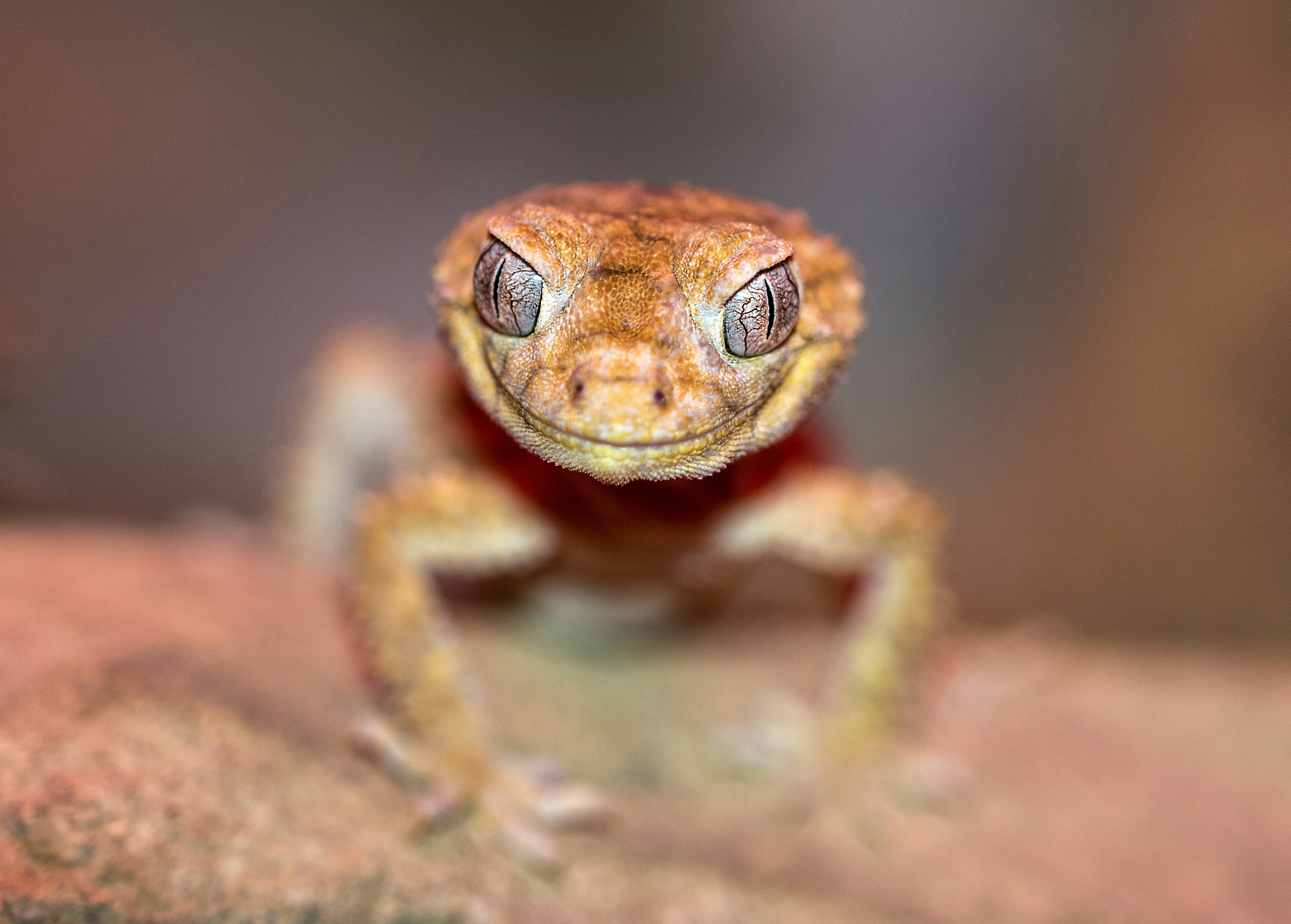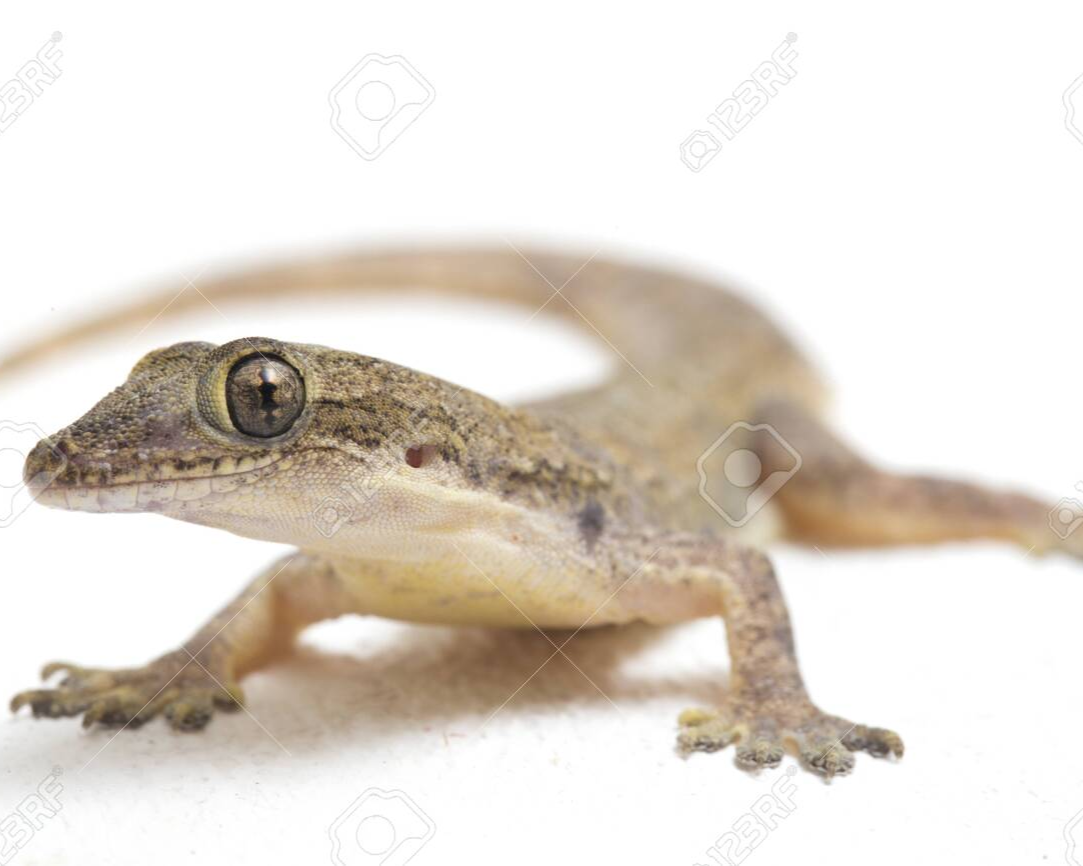
Geckos, those fascinating and elusive creatures, have captivated the curiosity of many animal enthusiasts. If you’re one of them, you may be wondering: how long do geckos actually live? The Lifespan of Geckos provides valuable insights into the lifespan of these unique reptiles. Whether you’re considering adding a gecko to your pet collection or simply have a keen interest in their existence, this article will delve into the average lifespan of geckos, shedding light on this intriguing topic.
The Lifespan of Geckos: How Long Do They Live?
Introduction to Geckos
Geckos are fascinating reptiles known for their unique ability to climb walls and ceilings due to their specialized toe pads. These small lizards belong to the family Gekkonidae and can be found in various parts of the world, including tropical and subtropical regions. While owning a gecko as a pet has become increasingly popular, many people wonder about the lifespan of these captivating creatures. In this article, we will explore the factors that affect the lifespan of geckos, dive into the lifespans of different gecko species, and provide tips for increasing their longevity.
Factors Affecting the Lifespan of Geckos
Several factors play a crucial role in determining the lifespan of geckos. These factors can range from genetic predisposition to environmental conditions and overall care. Here are some key factors that can influence how long a gecko lives:
1. Genetic Factors: Just like humans, geckos inherit certain traits and genetic factors from their parents. These genetic factors can influence their overall health and lifespan. Some gecko species naturally have longer lifespans, while others might have a shorter lifespan due to genetic predispositions.
2. Habitat: The habitat in which geckos live significantly impacts their lifespan. Geckos require an environment that mimics their natural habitat to thrive and live a long and healthy life. Factors such as temperature, humidity, and lighting need to be carefully monitored and maintained within the optimal range.
3. Diet and Nutrition: Providing geckos with a proper diet is essential for their overall health and longevity. They are primarily insectivores, meaning they primarily feed on insects. A well-balanced diet that includes a variety of insects, such as crickets and mealworms, ensures that geckos receive the necessary nutrients for their growth and development.
4. Veterinary Care: Regular veterinary check-ups are crucial for monitoring the health of geckos and addressing any potential health issues. A skilled reptile veterinarian can provide valuable advice on nutrition, habitat, and overall care, helping to maximize a gecko’s lifespan.
5. Stress Levels: Stress can have a significant impact on a gecko’s health and lifespan. Providing a secure and comfortable environment, free from excessive disturbances, can help reduce stress levels and promote a longer lifespan.
Gecko Species and Their Lifespans
Gecko species vary in terms of their lifespans, with some species exhibiting longer lifespans than others. Let’s explore the lifespans of some common gecko species:
1. Crested Geckos
Crested geckos (Correlophus ciliatus) are popular choices for reptile enthusiasts due to their unique appearance and manageable size. These geckos can live for an average of 15 to 20 years when provided with proper care and a suitable environment.

2. Leopard Geckos
Leopard geckos (Eublepharis macularius) are one of the most commonly kept gecko species as pets. With optimal care, leopard geckos can live for an impressive 15 to 20 years. However, some individuals have been known to live up to 25 years or even longer.

3. Tokay Geckos
Tokay geckos (Gekko gecko) are known for their vibrant colors and distinctive vocalizations. These geckos can live for approximately 10 to 15 years. However, it’s important to note that tokay geckos can be more challenging to care for compared to other species, requiring experienced reptile owners.
4. African Fat-Tailed Geckos
African fat-tailed geckos (Hemitheconyx caudicinctus) are named for their plump tails and are closely related to leopard geckos. These geckos have a similar average lifespan, ranging from 15 to 20 years, when provided with optimal care.
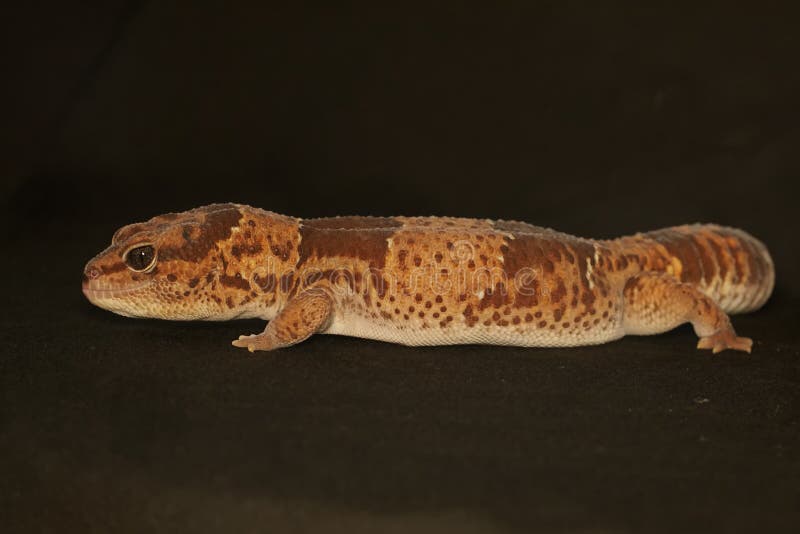
5. House Geckos
House geckos (Hemidactylus spp.) are often found in urban settings and are known for their ability to climb walls and ceilings. These geckos have a relatively shorter lifespan, typically living for 5 to 10 years in captivity.
6. Day Geckos
Day geckos (Phelsuma spp.) are vibrantly colored and diurnal, meaning they are active during the day. These geckos have a lifespan of around 5 to 10 years when cared for properly.
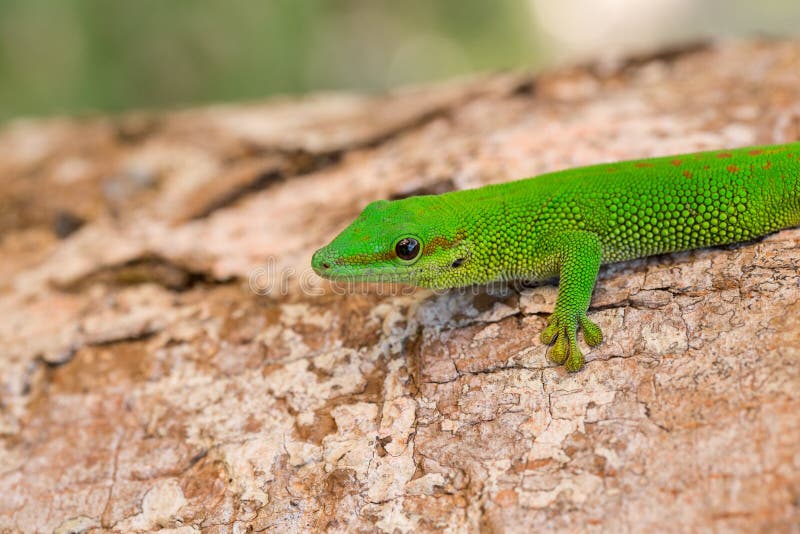
7. Gargoyle Geckos
Gargoyle geckos (Rhacodactylus auriculatus) are known for their unique appearance, with bumpy skin and a crest on their head. With proper care, gargoyle geckos can live for an average of 15 to 20 years.

8. Gold Dust Day Geckos
Gold dust day geckos (Phelsuma laticauda) are native to Madagascar and have a distinctive golden coloration on their bodies. These geckos can live for an average of 12 to 15 years when provided with appropriate care.
9. Electric Blue Gecko
The electric blue gecko (Lygodactylus williamsi) is renowned for its vibrant blue coloration. These geckos have a relatively shorter lifespan, typically living for around 5 to 7 years with proper care.
10. Green Anoles
Although not true geckos, the green anole (Anolis carolinensis) is often referred to as a gecko due to its lizard-like appearance. Green anoles typically live for around 4 to 8 years when kept as pets.
Other Gecko Species and Their Lifespans
Besides the aforementioned gecko species, there are numerous other gecko species, each with its own unique lifespan. For example, the giant leaf-tailed gecko (Uroplatus fimbriatus) can live for up to 10 years, while the velvet gecko (Oedura lesueurii) has been recorded living for over 20 years in captivity. It is essential to research the specific needs and lifespans of any gecko species before considering them as pets.
Tips for Increasing Gecko Lifespan
While genetics and species characteristics play a role in a gecko’s lifespan, there are several steps you can take to ensure your gecko lives a long and healthy life:
1. Proper Diet and Nutrition: Providing a varied and nutritionally balanced diet is crucial for gecko health. Research the specific dietary requirements of your gecko species and ensure they receive a diet rich in appropriate insects and, if needed, supplements.
2. Adequate Housing and Habitat: Geckos require a well-designed enclosure that meets their environmental needs. Provide the proper substrate, temperature gradient, humidity levels, hiding spots, and appropriate lighting to mimic their natural habitat.
3. Regular Veterinary Check-ups: Schedule regular check-ups with a reptile-experienced veterinarian to monitor your gecko’s health and address any potential health concerns promptly.
4. Maintaining Optimal Temperatures: Geckos are ectothermic, meaning they rely on external heat sources to regulate their body temperature. Ensure that your gecko’s enclosure provides a temperature gradient with appropriate heating elements to allow them to thermoregulate effectively.
5. Hydration and Water Availability: Geckos require access to clean water at all times. Provide a shallow dish with fresh water that is easily accessible for your gecko to drink from.
Conclusion
The lifespan of geckos can vary significantly depending on factors such as genetics, habitat, diet, and overall care. While some gecko species can live for 15 to 20 years or longer, others may have shorter lifespans. By providing proper nutrition, suitable housing, regular veterinary care, optimal temperatures, and adequate hydration, you can help increase the lifespan of your gecko. Remember to research the specific needs of your gecko species and consult with a reptile-experienced veterinarian for personalized care advice. With proper care and attention, your gecko can live a long and fulfilling life as your beloved companion.
